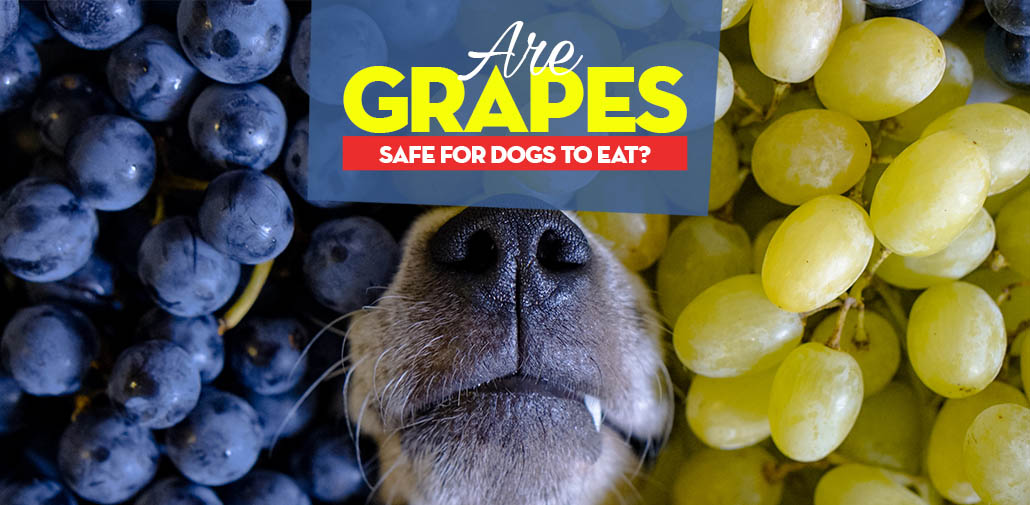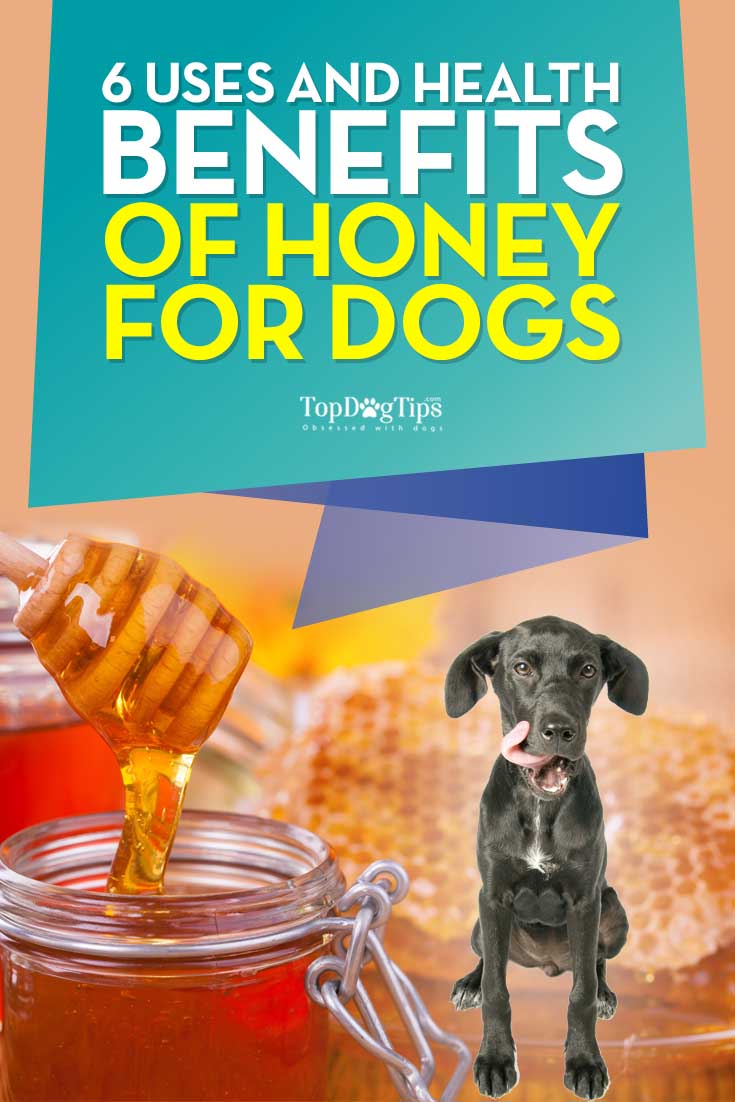can dogs eat oranges? When it comes to your dog’s health and well-being there is no silly question, so today this content will answer the question “can dog eat oranges”.
We know that orange is a very popular juicy fruit that is part of the diet of many Brazilians.
In fact, your dog may have already begged for a piece when you’re eating an orange.
Really, many dogs love fruits!
And if you’re part of the Incredible Humans group who love their animals and always want the best for their health and well-being, you’ve probably wondered, can my dog eat oranges?
Is orange harmful to dogs?
And that’s exactly what we’ll see in this content, so stay tuned to know everything you need.
In this article you will learn:
- After all, can dogs eat an orange?
- Benefits Contained in Oranges
- How to Give Orange to Your Dog
After all, can dogs eat oranges?
Not all fruits are indicated to feed your dog, such as grapes.
This is not the case with orange, because dogs can eat oranges, yes!
However, we need to make clear some restrictions that may make orange not appropriate food for your dog.
Orange is a fruit that has high sugar levels.
Although it also contains many fibers, which improve the digestion of sugar within the body, giving orange to dogs with diabetes is not recommended.
In this case, orange can cause a sudden increase in blood glucose levels and this is not good for diabetic animals.
Another point to note is that the orange should be given without peel and without seeds.
This information may seem obvious, but it is important for you to know if you have an orange tree in your backyard or a dingy dog!
Orange peel is non-toxic but can cause discomfort in your dog’s stomach and intestines.
As well as seeds, which in addition to causing gastrointestinal discomfort can also cause your dog to choke.
Benefits Contained in Orange
Orange is a fruit widely consumed by Brazil, and although it matches our tropical climate a lot, orange comes from China.
In the sixteenth century, it was brought to Europe by the Portuguese and consequently brought to Brazil.
The taste of orange can vary from sweet to slightly acidic, with some rather acidic versions.
Orange contains many benefits in its nutrients.
It contains vitamins, minerals and dietary fiber that act as a booster for the immune system.
This fruit is widely known to be a great source of Vitamin C because every 100g of orange there are 48 milligrams of vitamin C!
The vitamin C in addition to its recognized role in the improvement of the activity of the immune system, is also a powerful antioxidant and thus helps fight cell degeneration and also slowing the aging of cells.
Vitamin C also participates in collagen production, improving the appearance of the skin and the functioning of the joints.
Orange also contains vitamins A, B1, B2, B3.
The Vitamin A present in orange is essential to good eye health, especially night vision.
May have a protective effect against macular degeneration and cataract.
The B vitamins play an important role in keeping the body functioning as well – oiled machines.
These essential nutrients help convert food into fuel, that is, providing energy throughout the day.
Vitamin B1 (thiamine) is an essential element in the conversion of food your dog eats into energy.
It also helps the body produce the cells needed to produce new genetic material.
Vitamin B2 (Riboflavin) helps convert food into energy.
Riboflavin also helps in chemical detoxification.
Vitamin B3, also known as niacin, influences the production of collagen and the skin pigmentation caused by ultraviolet radiation.
In humans, Vitamin B3 helps prevent a skin disease called pellagra.
In dogs, their deficiency in niacin causes dermatitis around the abdomen and hind limbs.
How to Give Orange to Your Dog

Before offering orange to your dog, just like any other human food, you should ask your dog’s vet.
Dogs have different nutritional needs and the veterinarian can guide you accordingly.
Also because orange should be avoided for animals diagnosed with diabetes and also in cases of obesity.
Choose the sweetest varieties of oranges, as the most acidic varieties often do not fit your four-legged palate.
To give oranges to your dog, remove the bark and seeds and offer in small portions as a snack.
Important: Our content is produced by veterinary professionals and is informative.
But there are some particular issues with your dog that you should ALWAYS contact your trusted vet.
Therefore, it in no way replaces the guidance of a veterinarian.
Whenever your dog shows abnormal signs, take him to the veterinarian.
U Au !! We’ve finished one more of our Incredible Content about the food your dog can eat.
This time you can learn all the information you need to know if a dog can eat oranges.
I hope you enjoyed and found all the information you were looking for.
So be sure to leave a comment below and we will know if you are enjoying our content.
We also want to know if you have given your dog orange and what that experience was like.
Comment below also to let us know!
And help us distribute this information by sharing this article with your friends and on their social networks.
See you in the next article!
Can Dogs Eat Papaya
Credit cachorrosincriveis.com.br/










Pingback: Can dogs eat honey? - know the answer here | Kitten Vs Puppy